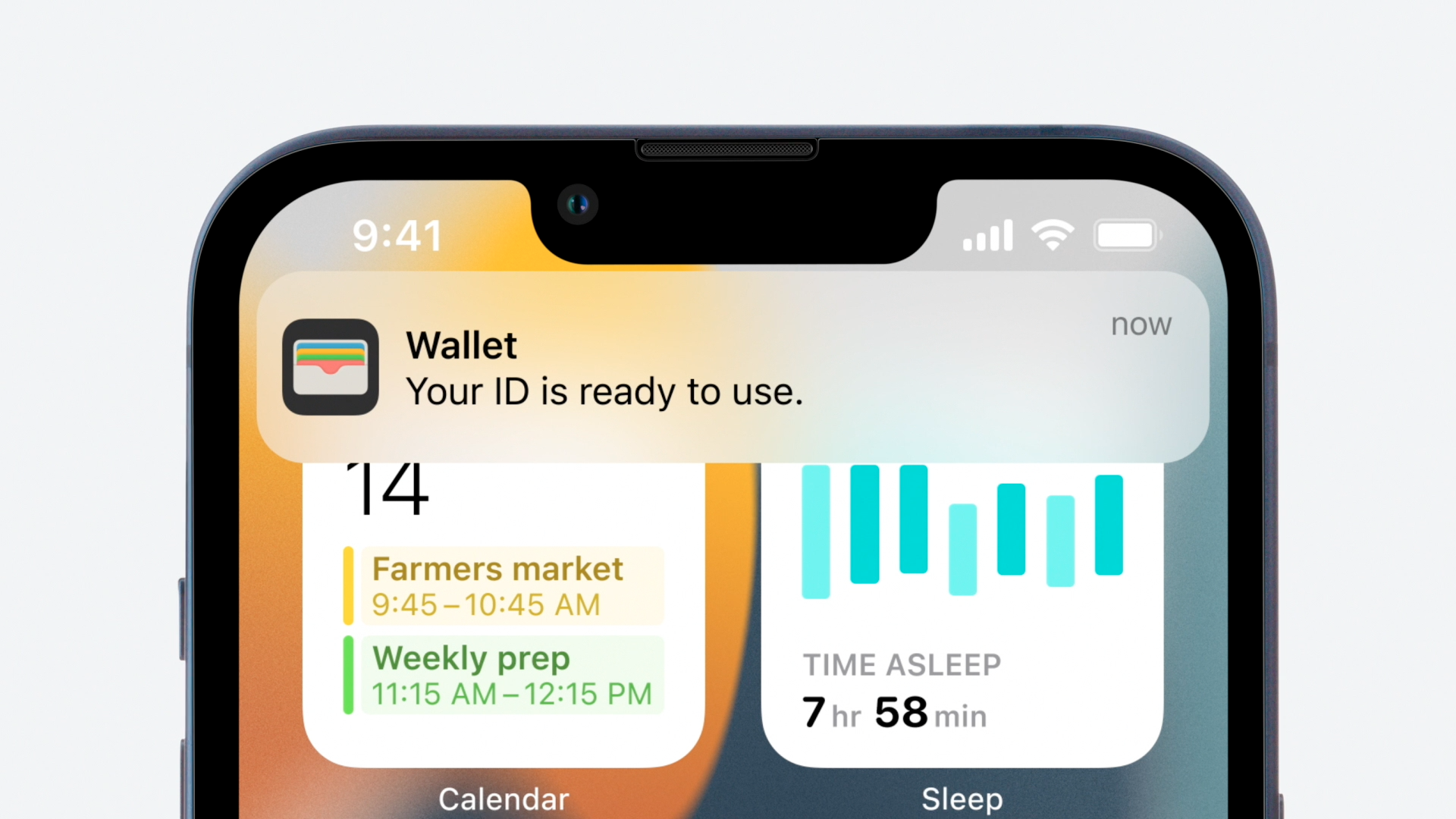
California has taken a significant leap towards digital convenience by allowing residents to store their driver’s licenses and state IDs in Apple and Google Wallets. This initiative enables Californians to present their IDs using mobile devices, such as iPhones and Apple Watches, at select TSA security checkpoints and businesses.
The move is part of the California DMV’s broader mobile driver’s license (mDL) pilot program, limited to 1.5 million participants. The rollout follows similar initiatives in other states, including Arizona, Colorado, Georgia, Maryland, and Ohio.
To add a driver’s license or state ID to the Apple Wallet, users simply tap the “+” button at the top of the screen, select “Driver’s License or State ID,” and follow the on-screen instructions. The process ensures that only necessary information is shared with the state-issuing authority for approval. Once added, Californians can present their IDs securely, with only essential information being shared during transactions. Users have the opportunity to review and authorize the information requested using Face ID or Touch ID, ensuring privacy and security.
Governor Gavin Newsom expressed enthusiasm for this technological advancement by stating:
“We’re partnering with two iconic California companies — Apple and Google — to provide convenient, private and secure driver’s licenses and ID cards directly on people’s phones.”
Furthermore, over 500,000 Californians have already embraced this digital transformation by adding a mobile driver’s license to their devices using the California DMV Wallet app. This new capability is a testament to California’s commitment to integrating technology into everyday services. Governor Newsom also highlighted the importance of this development for the state’s residents:
“This is a big step in our efforts to better serve all Californians, meeting people where they’re at and with technology people use every day.”
Privacy remains a top priority in this initiative. IDs stored in Apple Wallet utilize built-in privacy and security features to protect users’ identities and personal information. The presentment history is encrypted and stored solely on the user’s device, ensuring that neither Apple nor the state-issuing authority can access this data or know when or to whom an ID was presented.
Featured Image courtesy of Apple
Follow us for more tech news updates.
